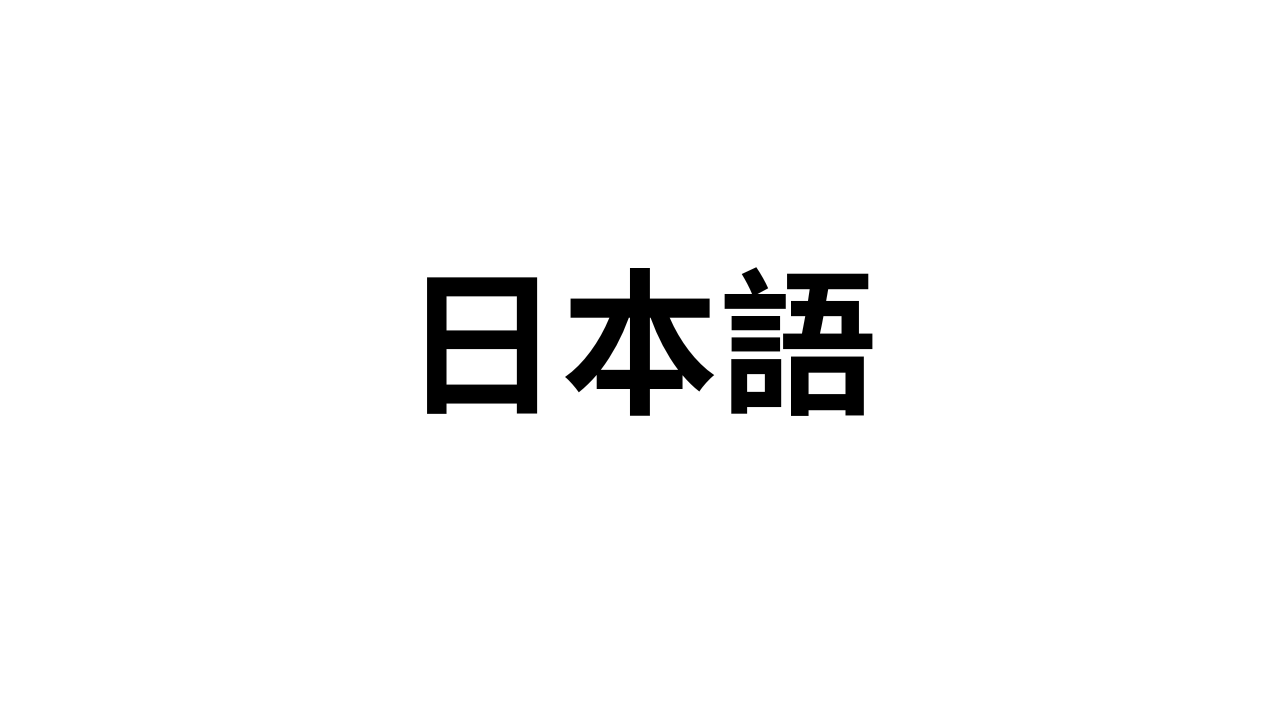Japanese Name Generator
How to Use:
- Select preferred gender (or leave as “Any Gender”)
- Choose number of names (1-10)
- Click “Generate Names”
- Use “Copy Names” button to save results
Japanese names carry profound cultural significance, blending artistry, history, and meaning into a few carefully chosen syllables. Whether you’re crafting a character for a novel, seeking a gamertag, or exploring your heritage, a Japanese name generator offers an authentic bridge to Japan’s rich naming traditions. This guide dives into how these tools work, why they matter, and how to choose a name that resonates.
Why Use a Japanese Name Generator?
Japanese names are more than labels—they reflect identity, values, and even aspirations. Here’s why millions trust generators to find the perfect match:
- For Writers & Creators: Develop believable characters with names that align with personalities (e.g., “Haruto” meaning “sunlight” for an optimistic hero).
- Gamers & Cosplayers: Immerse yourself in RPGs or anime conventions with a name like “Satsuki” (五月), meaning “early summer.”
- Expecting Parents: Honor Japanese heritage with meaningful choices like “Hikari” (光, “light”).
- Language Learners: Practice pronunciation and deepen cultural understanding.
Generators simplify the process, combining linguistic rules and cultural nuances to avoid pitfalls like unintended meanings.
How Japanese Name Generators Work
These tools blend technology and tradition to create authentic names:
- Syllable Structure: Japanese names follow strict phonetic patterns (e.g., 2-4 syllables for given names). Generators use algorithms to mimic these rhythms.
- Kanji Combinations: Each name’s kanji (characters) holds meaning. Advanced tools pair syllables with fitting symbols—like “Aoi” (葵, “hollyhock”) or “Riku” (陸, “land”).
- Gender & Trends: Filter by gender or era (e.g., vintage Taisho-era names vs. modern choices like “Yuzuki”).
- Customization: Input traits (e.g., “brave,” “wise”) to get tailored suggestions.
Top 5 Tips for Choosing an Authentic Japanese Name
- Research Name Meanings: Use resources like JINZZA to verify kanji connotations.
- Prioritize Pronunciation: Ensure non-Japanese speakers can pronounce it easily (e.g., “Sora” over “Tsukuyomi”).
- Match Context: A samurai might suit “Takeshi” (武, “warrior”), while a modern teen could be “Ren” (蓮, “lotus”).
- Check Cultural Relevance: Avoid mixing surname/given name structures (e.g., “Sato Haruka” not “Haruka Sato”).
- Test with Native Speakers: Platforms like HiNative offer feedback to avoid accidental humor or offense.
The Cultural Depth of Japanese Names
Japanese names often draw from nature, virtues, or historical events:
- Seasonal Themes: “Natsumi” (夏美, “summer beauty”).
- Aspirational Traits: “Kenji” (賢二, “wise second son”).
- Regional Influences: Surnames like “Yamamoto” (山本, “base of the mountain”) reflect ancestral landscapes.
Modern trends see parents opting for unique kanji or Western-inspired names, yet tradition remains central.
Ready to Find Your Japanese Name?
Unlock the perfect name with our [Japanese Name Generator], designed for authenticity and ease. Whether for creativity, identity, or curiosity, your ideal name is a click away.
🌟 Call to Action:
Try our generator now and share your favorite name in the comments! For more on Japanese culture, subscribe to our newsletter or explore our guide to [Japanese Honorifics 101].
Final Thoughts
A Japanese name is a key to deeper cultural connection. With the right tools and knowledge, you can choose a name that’s meaningful, authentic, and unforgettable. Dive in—your journey begins here.

